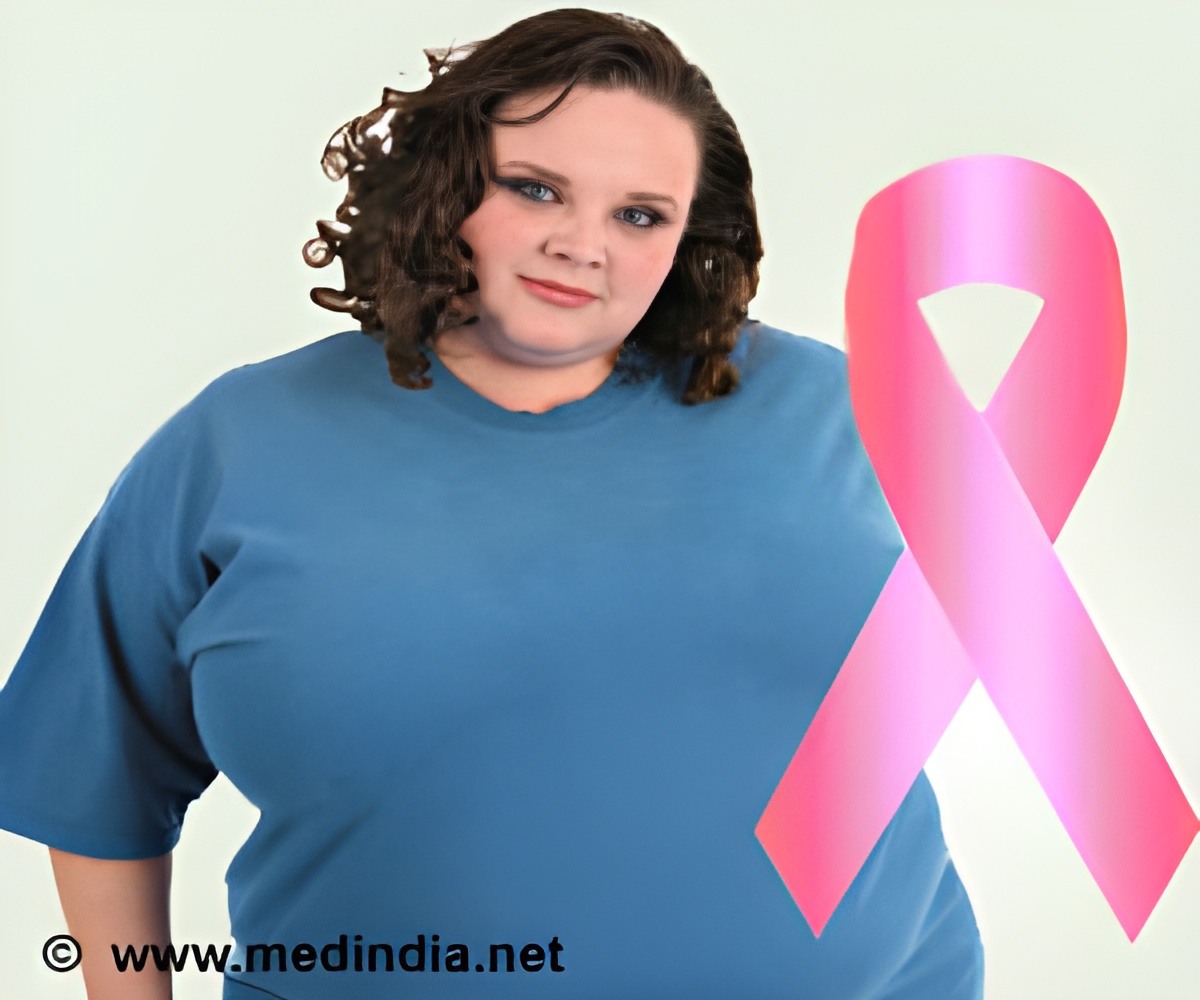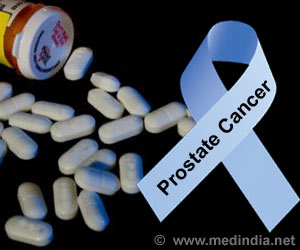Women who drank seven or more drinks per week showed an increased risk of almost all subtypes.

‘Alcohol is an established risk factor for breast cancer; however, most studies have been conducted in predominantly white populations.’





Melissa A. Troester, PhD, a professor of epidemiology and director of the Center for Environmental Health and Susceptibility in the Gillings School of Global Public Health at the University of North Carolina is the author. Alcohol is an established risk factor for breast cancer; however, most studies have been conducted in predominantly white populations. The researchers wanted to discern whether alcohol raises risk for African-American women by assessing participants in a large study that solely enrolled African-American women.
How the Study Was Conducted and Results: Troester and colleagues enrolled 22,338 women from the African American Breast Cancer Epidemiology and Risk (AMBER) Consortium, which encompasses four large epidemiologic studies of breast cancer. Study participants reported their alcohol intake via a questionnaire, and researchers used logistic regression to estimate the association between alcohol consumption and cases of breast cancer.
The study showed that women who drank seven or more drinks per week showed an increased risk of almost all subtypes. Women who drank 14 or more alcoholic beverages per week were 33 percent more likely to develop breast cancer than women who consumed four or fewer drinks per week.
Overall, Troester said, black women drink less alcohol than white women, with previous research suggesting a range of reasons from religious restrictions to health restrictions. In this study, 45 percent of the women were "never drinkers," and researchers found that the "never drinkers" were more likely to develop breast cancer than the light drinkers. Troester said that they did not identify the causes for increased risk in never drinkers, but previous studies finding similar elevated risk in never drinkers implicate the comorbidities, such as diabetes, that influenced them to avoid alcohol.
Advertisement
"Alcohol is an important modifiable exposure, whereas many other risk factors are not," she said. "Women who are concerned about their risk of breast cancer could consider reducing levels of exposure."
Advertisement
Limitations: Troester said a limitation of the study is that it included relatively few women who drank heavily, making those findings less statistically significant. However, she said this study's results are consistent with previous research indicating increased risk for the highest levels of alcohol consumption.
Funding & Disclosures: This study was funded by the National Institutes of Health, the Komen for the Cure Foundation, the Breast Cancer Research Foundation, and the University Cancer Research Fund of North Carolina. Troester declares no conflicts of interest.
Source-Eurekalert















